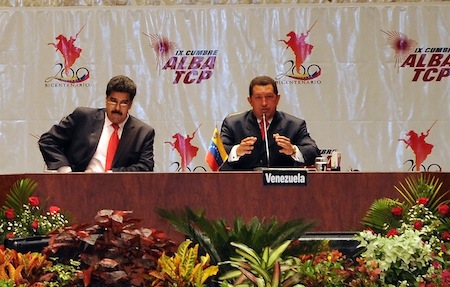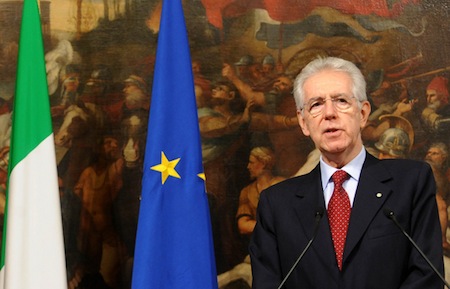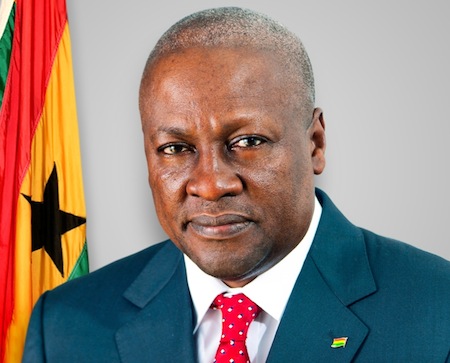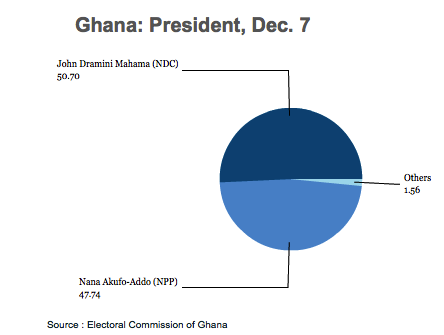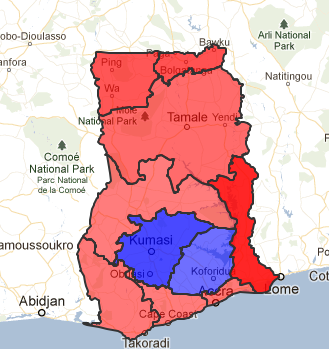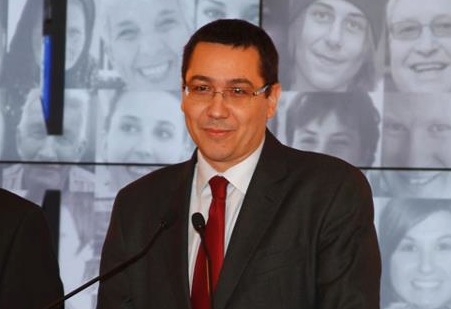

Romanian voters, as expected, rewarded prime minister Victor Ponta (pictured above) with a resounding victory in Sunday’s parliamentary elections.
Ponta, who became prime minister in May 2012 and promptly proceeded to govern with an aggressive posture — engaging in several fights with Romania’s constitutional court and organizing a constitutionally sketchy impeachment referendum against his ideological nemesis, Romanian president Traian Băsescu — has benefitted from Romanian discontent over the economy.
Despite only tepid growth in 2010 and a 0.4% contraction in 2011, the previous government of Emil Boc, an ally of Băsescu, became increasingly and staggeringly unpopular after implementing severe austerity measures, in part to secure loans from the International Monetary Fund and a €20 billion bailout from the IMF and the European Union in 2009 to stabilize Romania’s budget.
Ponta’s center-left alliance of three parties called the Uniunea Social Liberală (USL, Social Liberal Union), defeated Băsescu’s hastily-formed alliance, the Alianţa România Dreaptă (ARD, Right Romania Alliance) by a lopsided margin of 58.6% to 16.7% in elections for the 315-member Chamber of Deputies (Camera Deputaţilor), the lower house of Romania’s parliament (Parlamentul României), giving Ponta an absolute majority.
Two smaller parties also won sufficient support for seats — above the 5% threshold for winning seats in the Chamber of Deputies. The Partidul Poporului – Dan Diaconescu (PP-DD, Popular Party — Dan Diaconescu), a newly formed party backing Diaconescu, a media figure that waged a nationalist and socialist campaign, won 13.5%. The Uniunea Democrată Maghiară din România (UDMR, the Democratic Union of Hungarians in Romania), which represents the political interests of ethnic Hungarians in Romania, won 5.3%.
The simultaneous election for the 137-member Senate (Senat), the Romanian parliament’s upper chamber, saw nearly identical results — Ponta’s USL won 60.0%, the ARD 17.0%, Diaconescu’s party 14.2% and the ethnic Hungarians 5.4%.
Given Ponta’s overwhelming majority, the next step would typically be that Băsescu, Romania’s president, appoints Ponta as prime minister to lead a government. But the bitter and toxic relationship between the two, however, has been the central narrative of Romanian politics in the past year, and Băsescu may refuse to appoint Ponta — perhaps by attempting to appoint as prime minister one of the other leaders of the parties that comprise the USL.
Despite valid concerns about Ponta’s dedication to the rule of law, if Băsescu doesn’t appoint Ponta in the face of the USL’s overwhelming electoral victory, he could risk triggering a constitutional crisis and, potentially, the threat of new elections, thereby frightening international investors and providing his opponents a new reason to seek his impeachment (again).
Nonetheless, the new government would have to work with Băsescu until 2014 when his term ends (unless Ponta attempts to impeach Băsescu).
Romania’s IMF funds will be exhausted next year, however, so the new government will have to work with the IMF and the EU to secure new budgetary funding. With election season over, however, it seems almost certain that the next government, led by Ponta or otherwise, will be forced to adopt much of the budget-cutting posture of Romania’s previous Boc-led government.
Although Ponta’s government has restored some of the pensions and wages cut by the previous government, he hasn’t moved to cut the 24% VAT that Boc’s government introduced.

